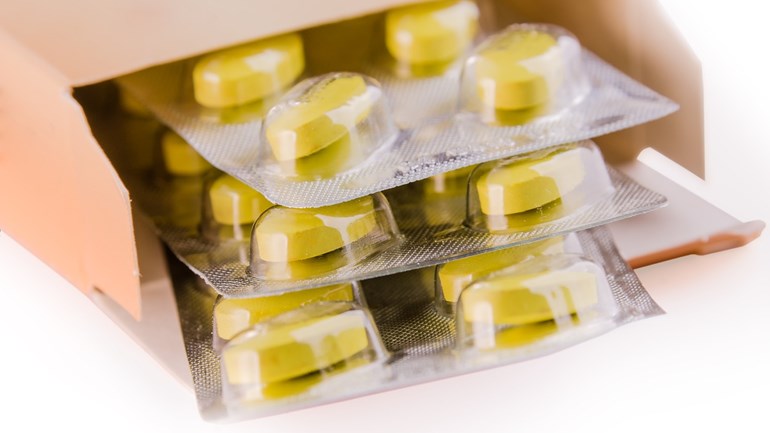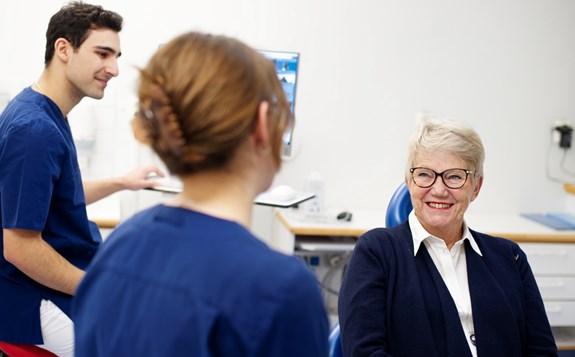Unnecessary antibiotic use - avoidable with new guidelines and implementation strategies

Palwasha Momand will defend her thesis Antibiotic Prophylaxis in Dental Implant Surgery on 4 April at the Faculty of Odontology.
As routine use of antibiotics in dental implant surgery should be avoided, clearer guidelines and implementation strategies are needed to reduce unnecessary medication. This is the conclusion of Palwasha Momand's dissertation after conducting a clinical study, reviewing existing research and patient records, and interviewing practicing dentists.
“Antibiotic resistance is one of the biggest threats to public health, so we need to reduce their use when the benefit is not clinically relevant. But today, unfortunately, there is a lack of consistent practice regarding antibiotics in implant surgery and existing recommendations are vague,” says Momand from the Faculty of Odontology.
Some choose to use antibiotics routinely for all patients for safety reasons, despite a lack of evidence of clinical benefit.
Palwasha Momand
She studied antibiotic prophylaxis in dental implant surgery in four parts. The first was a randomized clinical trial in which almost 500 patients were given either antibiotics or a placebo in conjunction with implant surgery.
“The results of our follow-up showed that there was no significant difference between the groups, suggesting that routine antibiotic treatment is not necessary for uncomplicated implant surgery.”
In her thesis, Momand also systematically reviewed existing research, patient records and interviewed dentists about their reasoning for using antibiotics.
She concluded that the absence of clear guidelines contributes to uncertainty amongst the dentists, especially in complex procedures that involve bone formation which have a higher risk of infection.
“The way dentists think and reason varies in different contexts. Some choose to use antibiotics routinely for all patients for safety reasons, despite a lack of evidence of clinical benefit,” she says.
Her conclusion is that routine antibiotic prophylaxis in implant surgery is unnecessary and should be avoided. However, more research is needed to determine the optimal use of antibiotics in more complex procedures, as well as clearer evidence-based guidelines and various implementation efforts to ultimately ensure responsible use of antibiotics in this form of dentistry.
“A revision of the existing guidelines is now underway, based on the systematic review. It feels good to contribute to something concrete.
“But for the guidelines to have a real impact, we also need to implement more knowledge about antimicrobial resistance in training programmes for dental staff, and to further raise the profile of antimicrobial resistance in dental education. This will enable future dentists to have this in mind right from the start," says Momand.
Read the thesis: Antibiotic Prophylaxis in Dental Implant Surgery


